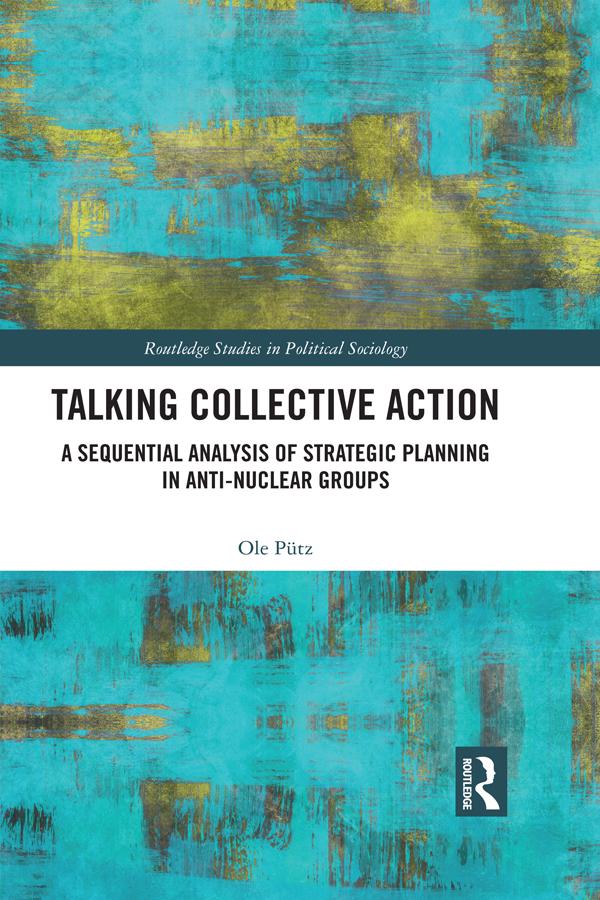
Sofort lieferbar (Download)
An ethnographic study of anti-nuclear movement groups that both challenges assumptions of traditional studies of strategic action and shows what can be gained through microanalysis of talk in meetings, this book advances social movement studies through the application of a new method of sequential analysis.
Inhaltsverzeichnis
1. Introduction
2. A Very Short History of the German Anti-Nuclear Movement and a Few of its Groups
3. A Method of Sequential Analysis
4. Consensus Building in Meetings: Specifically Vague Proposals and Changes in Footing
5. Endangered Consensus? From Disagreements to Conflict Avoidance
6. How Groups Assess and Revise Tactics: The Styles of Being Critical and Thinking Small
7. Decision-Making in a Complex Campaign: A Confrontation of Styles and Struggle with Key Expressions
8. Crisis and Continuity: Styles and Group Development Over Time
9. Conclusion: Styles and Group Relations to the Environment
Appendix: Transcript Conventions
References
Online Appendix I: A Critical Dialogue between Conversation Analysis and Objective Hermeneutics
Online Appendix II: Additional Data & Analyses
Online Appendix III: German transcripts and English Translations
2. A Very Short History of the German Anti-Nuclear Movement and a Few of its Groups
3. A Method of Sequential Analysis
4. Consensus Building in Meetings: Specifically Vague Proposals and Changes in Footing
5. Endangered Consensus? From Disagreements to Conflict Avoidance
6. How Groups Assess and Revise Tactics: The Styles of Being Critical and Thinking Small
7. Decision-Making in a Complex Campaign: A Confrontation of Styles and Struggle with Key Expressions
8. Crisis and Continuity: Styles and Group Development Over Time
9. Conclusion: Styles and Group Relations to the Environment
Appendix: Transcript Conventions
References
Online Appendix I: A Critical Dialogue between Conversation Analysis and Objective Hermeneutics
Online Appendix II: Additional Data & Analyses
Online Appendix III: German transcripts and English Translations
Produktdetails
Erscheinungsdatum
17. Juli 2019
Sprache
englisch
Seitenanzahl
208
Autor/Autorin
Ole Pütz
Verlag/Hersteller
Kopierschutz
mit Adobe-DRM-Kopierschutz
Produktart
EBOOK
Dateiformat
EPUB
ISBN
9780429627071
Entdecken Sie mehr
Bewertungen
0 Bewertungen
Es wurden noch keine Bewertungen abgegeben. Schreiben Sie die erste Bewertung zu "Talking Collective Action" und helfen Sie damit anderen bei der Kaufentscheidung.









